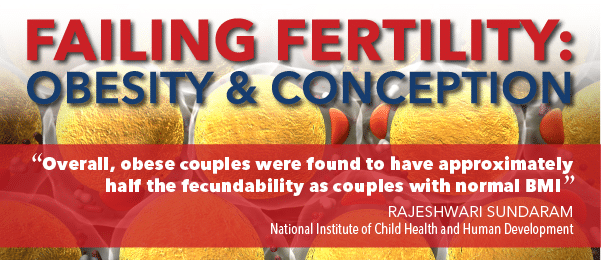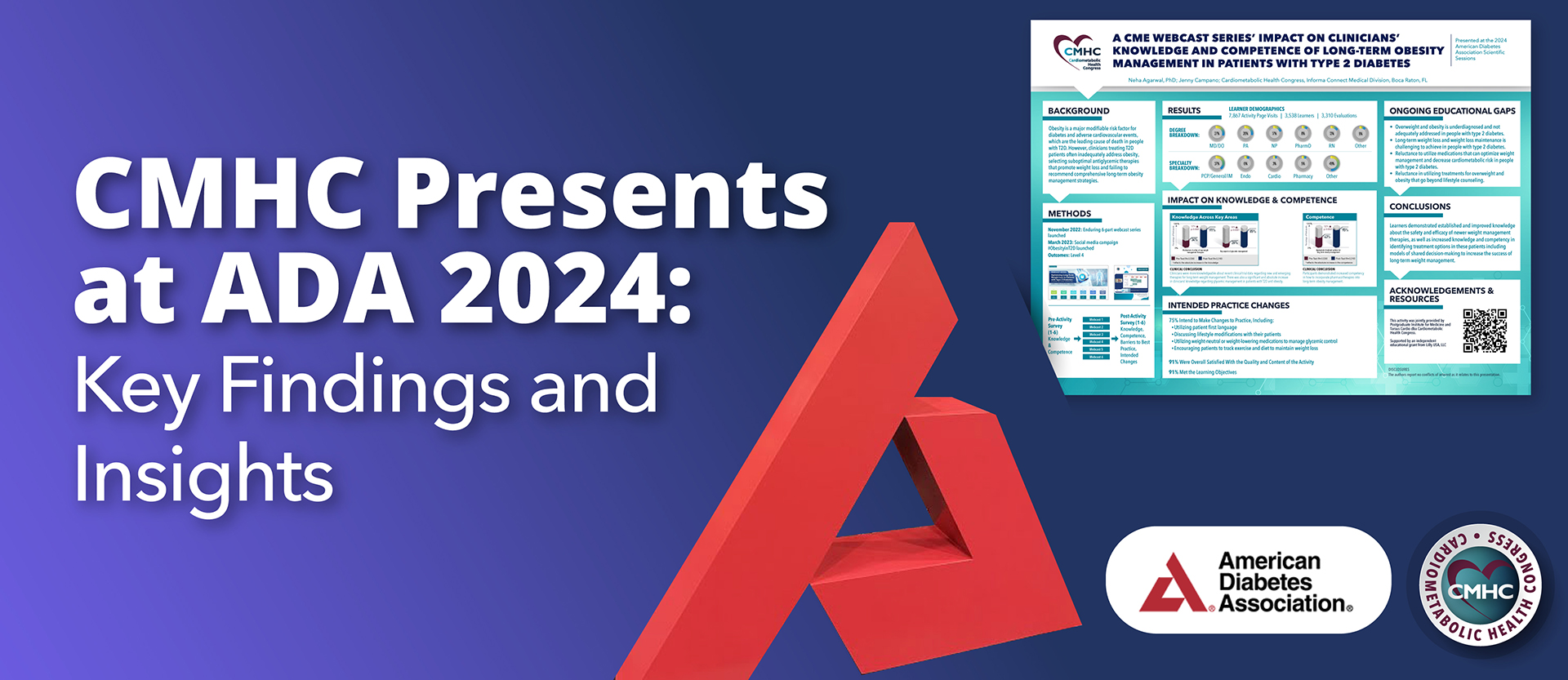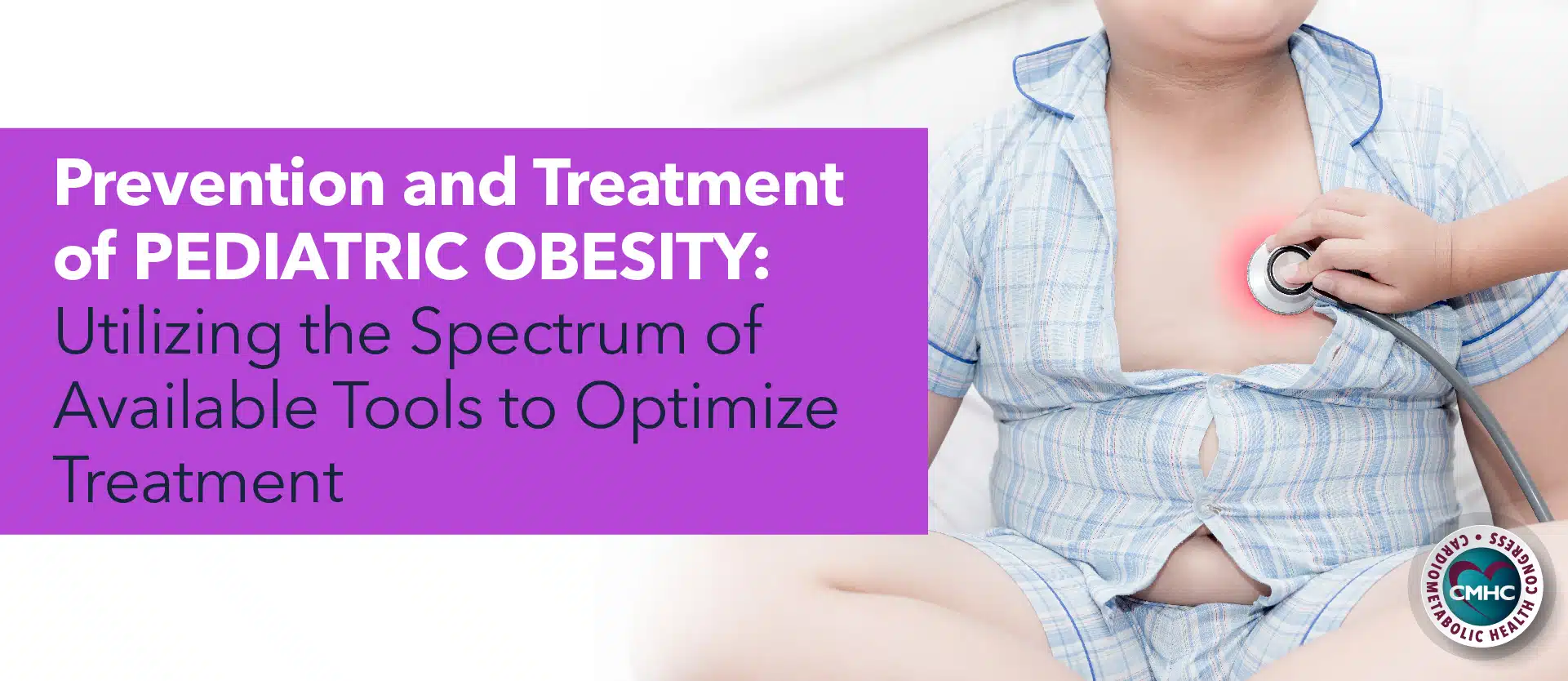A recent study has found that obese couples likely take longer to conceive.
An analysis from the U.S. National Institutes of Health suggests that when both a woman and her partner meet the criteria for obesity, their chances for pregnancy are approximately half that of a couple with normal weights.
While this research analyzes a new risk factor for obesity, previous studies have indicated a strong correlation between female obesity and reduced odds for pregnancy during a menstrual cycle—in addition to an association between men’s increased body weight and lower sperm count.
This study is particularly groundbreaking as it utilized couples hoping to get pregnant, not couples undergoing fertility treatments. Researchers took measurements of body fat before they conceived, and followed each couple for a year—or until pregnancy occurred. Moreover, many studies on fertility and body composition have previously focused on the female partner, yet these findings highlight the importance of including both partners’ weights
“Overall, obese couples were found to have approximately half the fecundability as couples with normal BMI,” wrote Rajeshwari Sundaram, from the National Institute of Child Health and Human Development.
According to statistics, more than a third of Americans are obese, which consistently causes a variety of health issues. Obese and overweight people tend to have higher levels of inflammation in their bodies; fat cells also produce hormones that may interfere with the hormones involved in conception.
A project conducted by the Trust for America’s Health projects that by 2030, 44% of Americans will be obese.


















